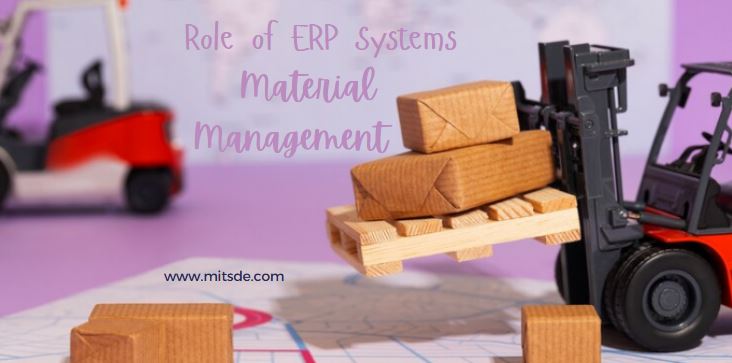
One of the most imperative components of marketing management is the distribution channel. A distribution channel refers to market intermediaries that are involved in the process of transfer of the goods from the producers to the consumers/end customers. The market intermediaries include wholesalers, distributors, authorised dealers, retailers, internet and franchise dealers.
An effective distribution channel is crucial for proper supply of goods and for minimising the gap between the producer & consumer. It tends to create time, place and possession utility of a product. As the industries and markets are growing rapidly, distribution is becoming more complex, so there is a high demand for the effective distribution channel.
Let’s find out various roles that a distribution channel plays in marketing:
It Assists In Stock Holding
Various market intermediaries involved in a distribution channel perform different functions like financing, risk bearing, product storage, etc. These help in effectual handling of the inventories.
It Provides Products In Required Assortments
Every market intermediary has its own proficiency. For example, the task of a producer lies in manufacturing/creating products, the wholesaler purchases those products in bulk and sells them in lesser quantities to the retailers while retailer expertise in selling products to end users. Due to the availability of an improved distribution channel, the products become easily available to the customers in their nearby stores. Thus, these intermediaries help in fulfilling the demand of the customers.
It Assists In Executing Price Mechanism Between Firm And Customers
Due to the presence of a distribution channel, the price of a product increases as it has to pass through various intermediaries. These intermediaries help to reach that price level where a producer is ready to manufacture a product and a consumer is ready to purchase the product.
They Assist In Product Merchandising
Product merchandising plays a significant role in increasing the demand for a product. Merchandising is executed by the market intermediaries at a retail store to facilitate the movement of a product from the store to the customer. It basically involves an attractive display of a newly launched product to grasp the attention of potential customers. There are various other merchandising activities that help in effective selling of products in the store.
It Offers Salesmanship
A distribution channel not only involves wholesalers and retailers, but it also includes sales agents. The sales agents are sent directly by the companies to offer pre-sale and post-sale services to the customers. Through their salesmanship and direct customer contact, they can send true feedback to the producers about their newly launched products. In this way, they can improvise their upcoming products to improve their sales.
Clearly, distribution channel is the backbone of marketing. Thus, every marketing manager must know how to effectively communicate with intermediaries to ensure effective marketing as well as the sale of products. At MIT School of Distance Education (MIT-SDE), we just don’t impart field-specific knowledge, but we also emphasise on imparting value-added skills in the candidates. We organize personality development sessions to ensure that future managers are effective communicators. We offer distance MBA equivalent course in Marketing Management to train the future marketers and entrepreneurs. Our course is up-to-date according to industry trends. So it is totally apt to capture the opportunities. When looking for the best in class correspondence MBA course, MIT-SDE should be your first and only option.



